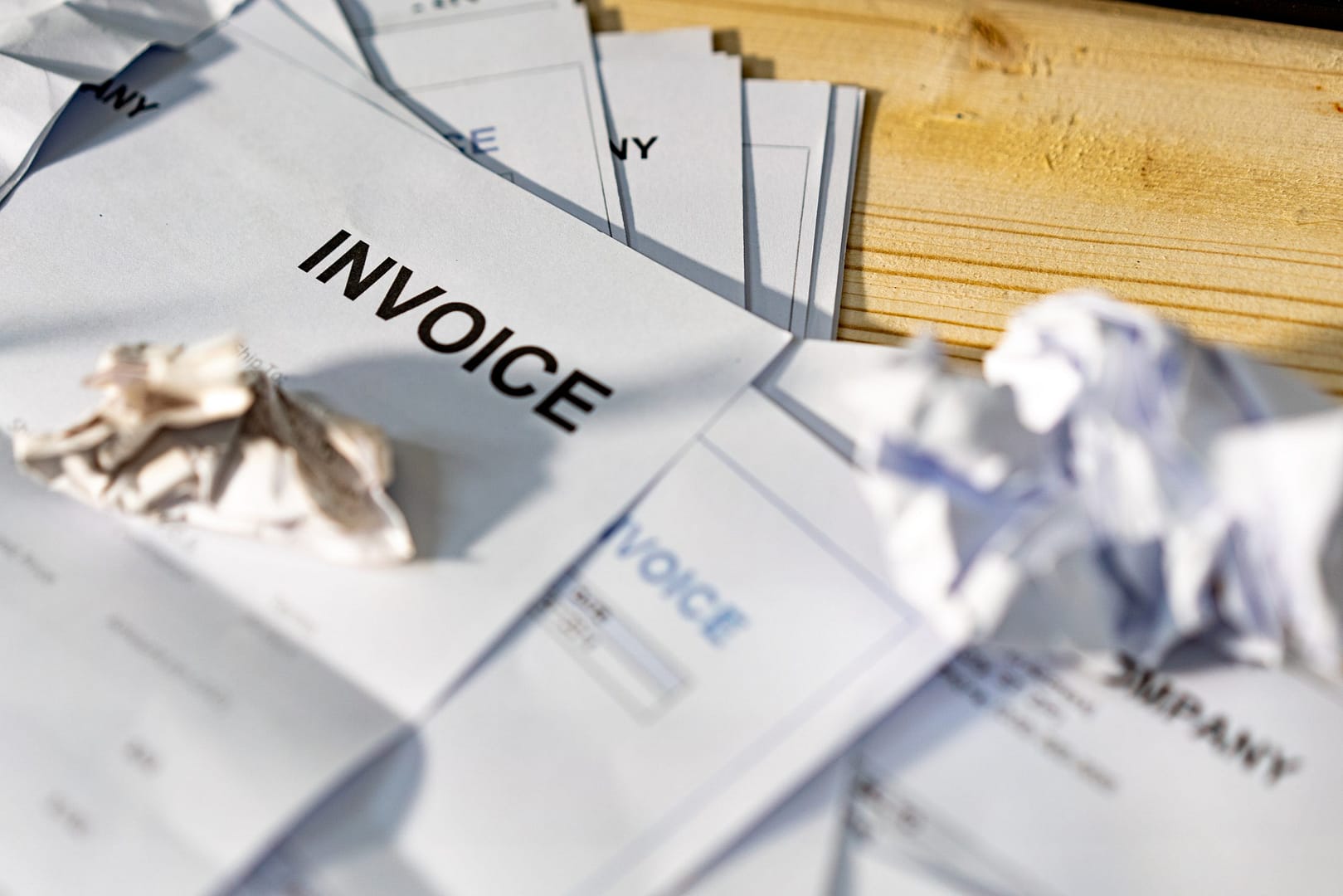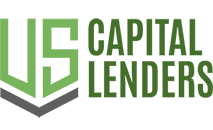
Sure! Here’s a rewritten version of the article at an 8th-grade reading level, formatted as a friendly and informative blog post:
What Is Invoice Factoring? A Simple Way to Get Cash Fast for Your Business
Have you ever wished your business could get paid faster—without waiting weeks for customers to pay their invoices? That’s where invoice factoring comes in. It’s a way to turn your unpaid invoices into fast cash so your business can keep growing without running into money problems.
Let’s break down how it works, when to use it, and how to find the best company to help you.
💡 What Is Invoice Factoring?
Invoice factoring is when a business sells its unpaid invoices to a company (called a factoring company) to get cash quickly. Instead of waiting for your customers to pay you, the factoring company gives you most of that money up front—usually 80% to 90% of the total invoice.
Once your customers pay the invoice, the factoring company gives you the rest (minus a small fee).
🛠 How Does It Work?
Here’s what the process looks like:
- You contact a factoring company and ask them to buy your invoices.
- You set up an account and agree on the terms and fees.
- The company reviews your invoices and checks that your customers are likely to pay.
- You sign the agreement, and they agree to buy the invoices.
- You get the money! Usually within a day or two.
- The factoring company collects the payment from your customers.
- Once the customer pays, you get the remaining balance (minus their fee).
Some companies let your customers know they’re handling the invoices, while others keep it quiet (this is called non-notification factoring). If you want to keep things private, be sure to ask!
📦 Types of Invoice Factoring
There’s more than one way to factor invoices. Here are the main types:
- Spot Factoring: Sell just one invoice when you need quick cash.
- Selective Factoring: Choose a few invoices to sell at once.
- Recourse Factoring: You’re responsible if the customer doesn’t pay.
- Non-Recourse Factoring: The factoring company takes the risk if the customer doesn’t pay.
- Contract Factoring: Agree to sell a certain number of invoices every month.
Pick the one that fits your business best!
💰 Real-Life Example
Let’s say a company sells $1 million worth of equipment, but they won’t get paid for 30 days. They need cash now to buy more inventory.
So, they factor the $1 million invoice. The factoring company gives them 90% up front, or $900,000, minus a $200,000 fee. The business gets $700,000 right away to keep going. Later, when the customer pays, the factoring company gives them the rest (minus their fee).
👍 Pros and 👎 Cons
Pros:
- Fast cash—often within 24 hours!
- No need for collateral (like property or equipment).
- Spend less time chasing payments.
- Keeps your business running smoothly during slow times.
Cons:
- Can be pricey (fees range from 1% to 5%).
- You may still be responsible if a customer doesn’t pay.
- Some companies notify your customers, which might affect your image.
- Some contracts may lock you in for a set number of invoices each month.
Always read the fine print before signing!
💸 How Much Does It Cost?
Factoring fees usually range from 1% to 5% per month. So if you sell a $10,000 invoice and the fee is 2%, that’s $200 a month until it’s paid.
If your customers pay quickly, you’ll pay less. Compare companies to find the best deal!
🤔 When Should You Use It?
Invoice factoring can be helpful if:
- You want to grow your business but don’t have enough cash.
- You get a big order and need money to buy supplies.
- You want to pay vendors quickly to get better prices.
But if you need a large loan or long-term funding, a business loan might be a better choice.
🏢 How to Pick a Good Factoring Company
Here’s what to look for:
- Experience in your industry
- Low fees and clear terms
- Fast response times
- Flexible contracts
Choose a company that understands your business and supports your goals.
🔄 Other Options to Get Business Funding
If invoice factoring isn’t right for you, here are other ways to get money:
- Commercial loans – for big purchases and long-term needs
- Small business loans (SBA loans) – backed by the government
- Business lines of credit – borrow only what you need, like a credit card
Talk to your bank or a financial expert to explore the best fit.
🚀 Final Thoughts
Invoice factoring is a great way to turn unpaid invoices into fast cash. It’s quick, flexible, and helps keep your business moving—even when cash flow is tight.
It’s just one of many tools you can use to grow your business, so think about your goals and explore your options. The right solution is out there—you have to find it!
Let me know if you’d like to turn this into a downloadable one-pager or infographic too!
